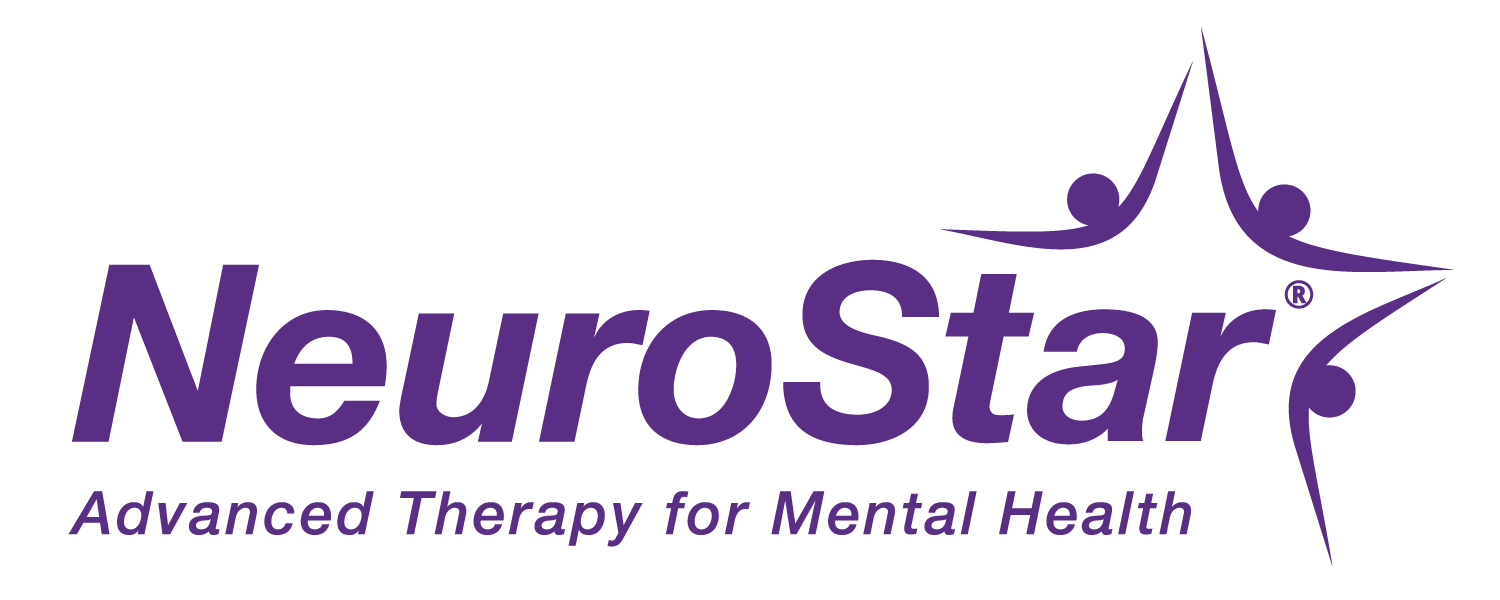
In this article we are going to discuss regarding TMS vs Other Treatments. (learn more)
Depression affects millions of people worldwide, and finding the right treatment can be challenging. While traditional treatments like medication and psychotherapy work for many, others may require alternative approaches. Transcranial Magnetic Stimulation (TMS) is a revolutionary, FDA-approved treatment that offers a drug-free option for those with treatment-resistant depression. In this article, we will compare TMS therapy with other common depression treatments, helping you make an informed decision.
What is TMS Therapy?
TMS therapy is a non-invasive procedure that uses magnetic pulses to stimulate areas of the brain involved in mood regulation. It is primarily used for individuals with major depressive disorder (MDD) who have not responded well to medication or psychotherapy. Unlike medications, TMS does not have systemic side effects and is well-tolerated by most patients.
Comparing TMS with Other Depression Treatments
1. TMS vs. Antidepressant Medications
Antidepressants, such as SSRIs and SNRIs, are often the first line of treatment for depression. However, they may not work for everyone and can cause unwanted side effects.
TMS Advantages:
- Non-medication approach: No risk of chemical dependency.
- Minimal side effects: Unlike medications, TMS does not cause weight gain, sexual dysfunction, or drowsiness.
- Effective for treatment-resistant depression: TMS helps individuals who have not responded to multiple medications.
Medication Advantages:
- Easily accessible and affordable
- Works well for mild to moderate depression
- Can be combined with therapy for better outcomes
2. TMS vs. Psychotherapy (Talk Therapy)
Psychotherapy, including Cognitive Behavioral Therapy (CBT) and Dialectical Behavior Therapy (DBT), is an effective treatment for depression, especially when combined with medication.
TMS Advantages:
- Works for severe and treatment-resistant depression
- Does not require ongoing therapy sessions after treatment completion
- Targets brain function directly, leading to lasting changes
Psychotherapy Advantages:
- Helps individuals understand and manage emotions
- Teaches coping skills for long-term mental health management
- Can be effective for anxiety and trauma-related disorders as well
3. TMS vs. Electroconvulsive Therapy (ECT)
ECT is a more intensive treatment that involves electrical stimulation of the brain to induce controlled seizures. It is typically used for severe depression that does not respond to other treatments.
TMS Advantages:
- Non-invasive and does not require anesthesia
- Minimal side effects compared to ECT, which can cause memory loss
- Outpatient procedure with no recovery time needed
ECT Advantages:
- Highly effective for severe and suicidal depression
- Can provide rapid symptom relief
- Used for conditions like bipolar disorder and severe psychosis
4. TMS vs. Ketamine Therapy
Ketamine therapy, including intravenous (IV) ketamine and esketamine (Spravato), has been gaining popularity as a fast-acting treatment for depression.
TMS Advantages:
- Long-lasting results compared to ketamine, which may require frequent treatments
- No risk of dissociation or hallucinations, which are common with ketamine use
- Non-medication approach with fewer risks
Ketamine Advantages:
- Rapid relief of depressive symptoms
- Effective for suicidal thoughts and severe cases
- Can be used alongside other treatments
Why Choose TMS Therapy?
TMS therapy is an excellent option for individuals who:
- Have not responded to antidepressants or therapy.
- Want a non-medication alternative with fewer side effects.
- Are looking for a long-lasting and safe treatment for depression.
How SNBCare Can Help
At SNBCare, we offer cutting-edge TMS therapy to help individuals achieve better mental health. Our experienced team provides personalized treatment plans tailored to each patient’s unique needs.
Why Choose SNBCare for TMS?
- TMS has no side effects
- State-of-the-art TMS technology for effective results.
- Experienced mental health professionals dedicated to your well-being.
- Convenient locations in Massachusetts for easy access to treatment.
- Personalized care to ensure the best possible outcomes.
Conclusion
When considering depression treatments, it’s essential to find the best option for your specific needs. While medication and therapy work for many, TMS provides a promising alternative for those who need a different approach.
I hope the above mentioned information fulfills your requirements for TMS vs Other Treatments, If you’re in Massachusetts and seeking an advanced, non-invasive treatment for depression, SNBCare is here to help.
For more information, visit SNBCare and schedule a consultation today.

